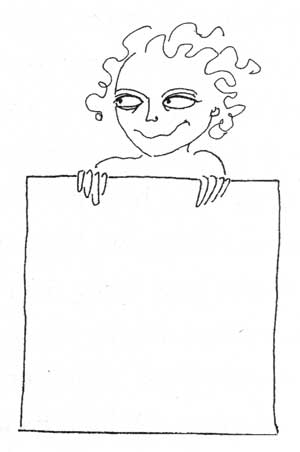What is Essential? And Who?
What is Essential? And Who? What the World Values When It's Falling Apart.
The philosophical question hangs in the air like a ghost. On May 15 during the lock down, Rachel Cobb photographed graffiti illuminated by a passing ambulance in New York City. The question haunts me. What is essential?
“Of the utmost importance: basic, indispensable, necessary.”
Essential to what, to whom?
New York City government functioned under the lockdown. The water ran from the taps. The electricity went on. The garbage was collected. Mail arrived as usual. Mass transit continued to operate to carry essential workers to their jobs. The ambulances shrieked night and day, and the hospitals received the sick and dying, and inside the hospitals, people worked themselves to exhaustion or fell ill themselves. Outside the hospitals, workers erected makeshift morgues to accommodate the dead.
At 6:30 am, the Key Food on Seventh Avenue in Brooklyn opened for old people like me so we could shop for food more safely. Inside, the masked employees had tired eyes, but they worked briskly, efficiently. Healthcare aides cared for old people in nursing homes, dangerous as those places were. Funeral homes tried to keep up with the burden of the dead. Cemeteries hired extra grave diggers.
Imagine what would have happened if those essential workers hadn’t been working.
New York City would have fallen into civil chaos, starvation, and mass panic. Many thousands more would have died.
Although countless articles, blogs, videos, and TV spots have featured “essential workers,” the grotesque reality that would visit us without them is never articulated. It is another ghostly presence. Maybe the war metaphor so often applied to them, our workers “on the front lines,” suggests the disaster they are holding at bay. But I doubt it. Americans love waging war on polio, cancer, drugs, and viruses as if amoral biological agents are sinister enemies to be slaughtered on the battlefield.
New gratitude has surfaced among those of us who are inessential, at least in part as a consequence of our guilt. To soothe that unpleasant feeling, sentimental tributes to “heroes” abound in media. Tireless worker A. who rises at the crack of dawn and braves the viral wilderness while she does her job at the hospital, the grocery store, on the factory floor, or in the field has become a staple of pandemic news. Is heaping praise on the underpaid, unprotected, nonunion or immigrant worker who has no health insurance and insufficient PPE really enough? Is throwing her a couple of extra bucks in “hero’s pay” for a few critical weeks recompense for her essential status? Isn’t the irony of this kind of “heroism” bitter?
